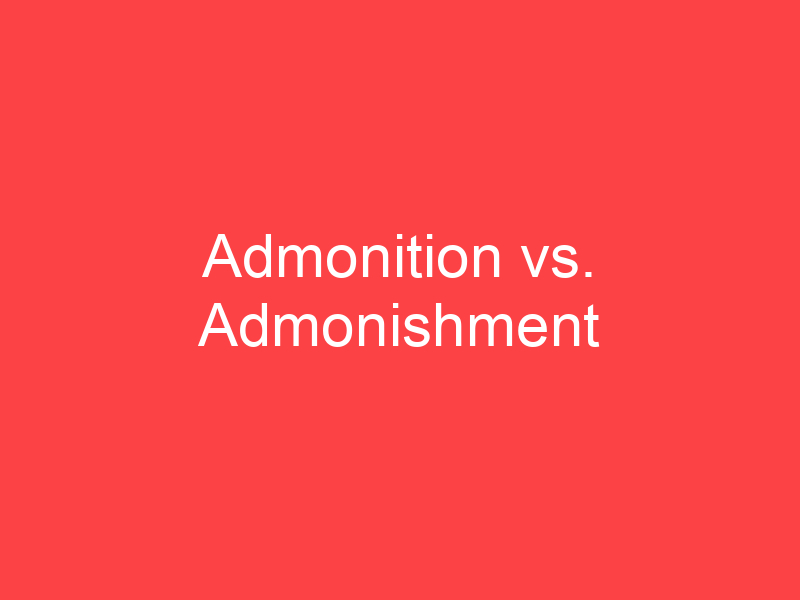-
Admonition
Admonition (or “being admonished”) is the lightest punishment under Scots law. It occurs when an offender who has been found guilty or who has pleaded guilty, is not given a fine, but instead receives a lesser penalty in the form of a verbal warning (admonished), due to a minor infringement of the law; the conviction is still recorded. It is usually the result of either the strict application of law where no real wrong has been caused or where other circumstances (e.g. being detained, attending court) make further punishment unjust in the circumstances specific to the case involved.
This disposition is comparable to an absolute discharge in jurisdictions where an absolute discharge involves the recording of a conviction (i.e., where the “discharge” is from punishment only) but stands in contrast to an absolute discharge in jurisdictions in which an absolute discharge does not involve the recording of a conviction (i.e., where the “discharge” is from conviction as well).
Currently, admonition holds a 5-year disclosure period due to absence of mention in the Rehabilitation of Offenders Act 1974 and thus being classified as an “other” offence.
-
Admonition (noun)
Gentle or friendly reproof; counseling against fault or oversight; warning.
-
Admonishment (noun)
The act of admonishing; a reprimand or rebuke.

